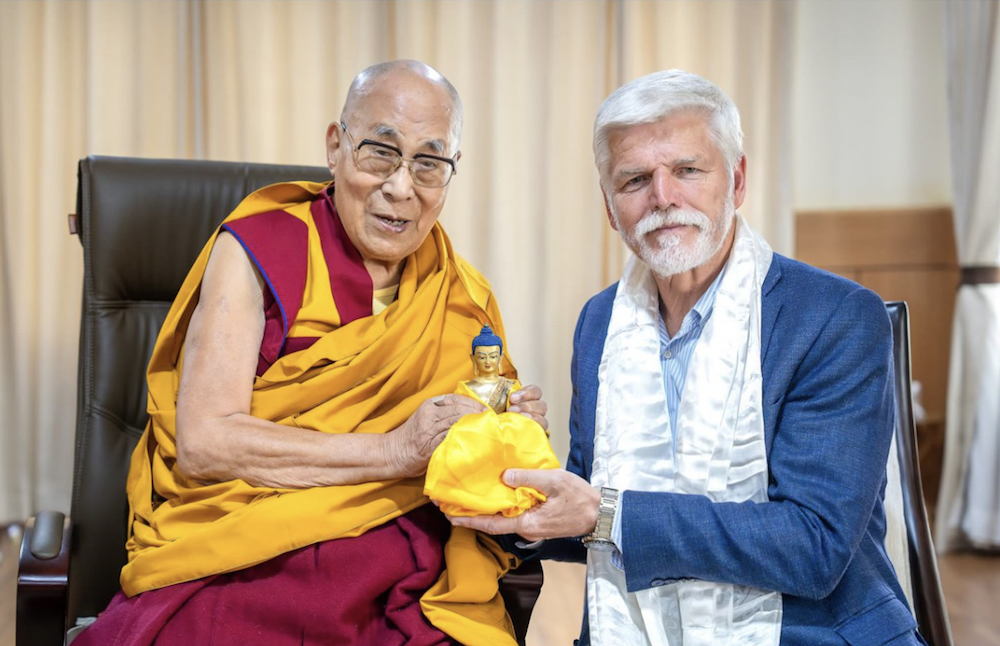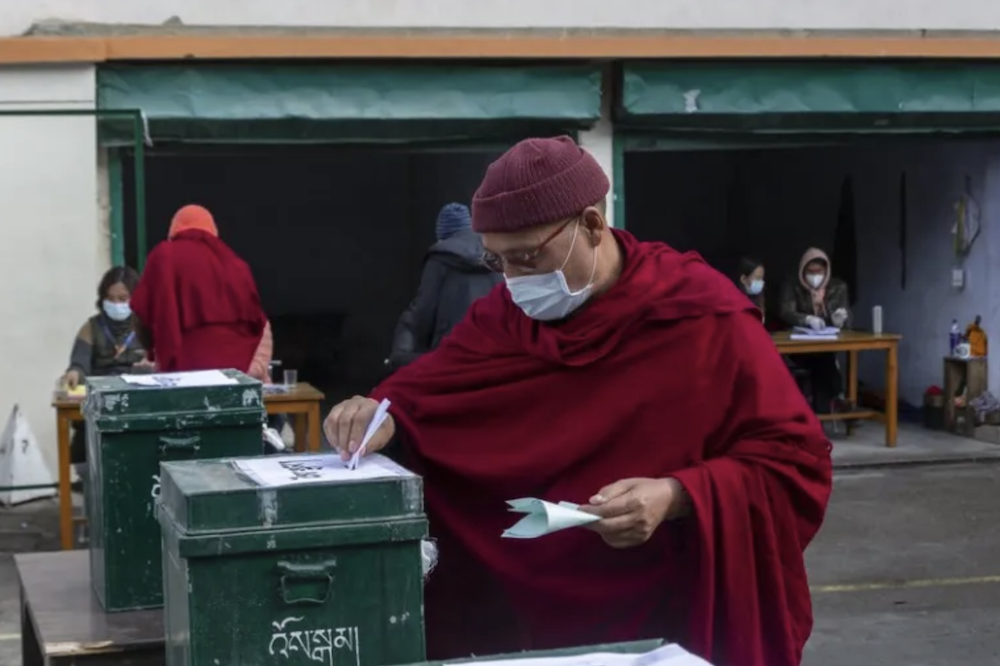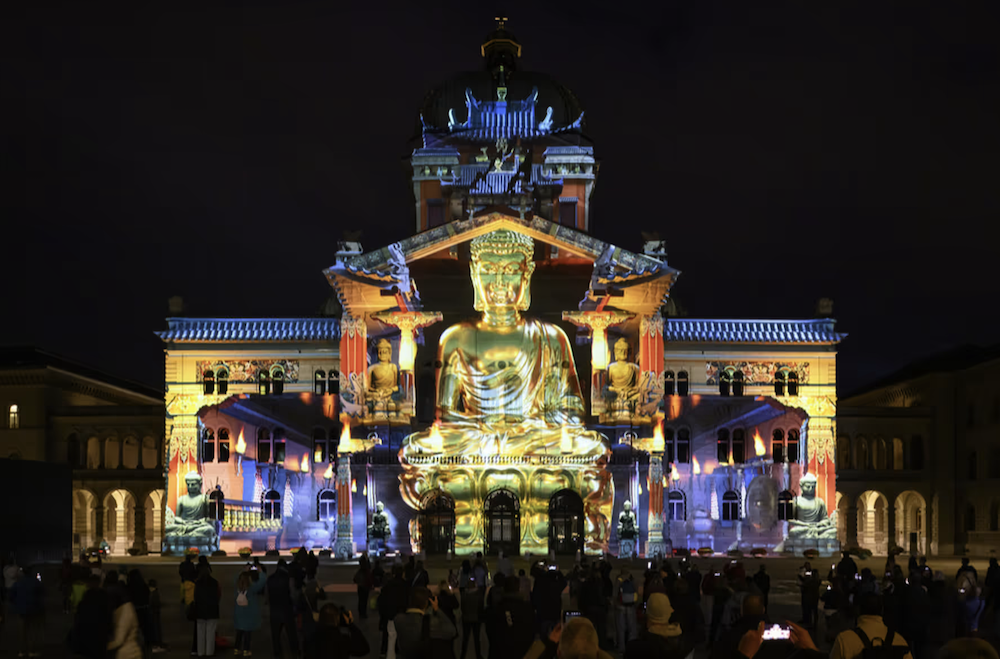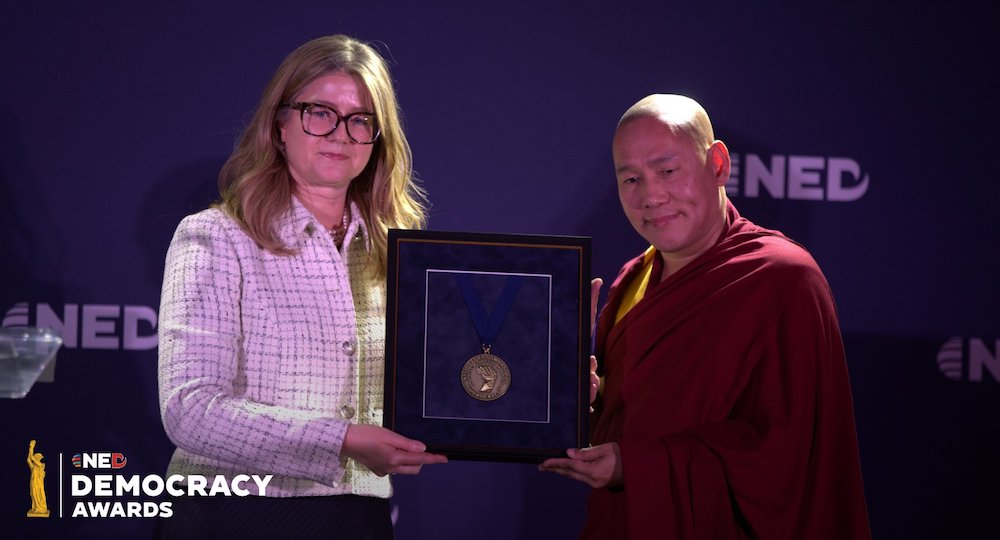Tsering Dhundup
DHARAMSHALA, Jan. 16: 9 UN human rights experts have expressed grave concern over China’s continued detention and disappearance of Tibetan religious figures and activists, highlighting several recent cases that point to a pattern of repression against religious and cultural expression.
The communication highlighted that in September 2024, Chinese authorities detained four Tibetans, including two monks from Kirti Monastery. Monks Lobsang Samten and Lobsang Trinley, along with Wangkyi and Tsering Tashi, were taken into custody with no information provided about their whereabouts or any charges against them. Notably, Lobsang Samten had previously been detained in 2011 during a mass detention of 300 monks at Ngaba.
The UN communication also detailed an earlier incident from August 2022, where five Tibetan monks from Awu Kyil Rigo village in Serthar County were detained for practicing their religion. The monks—Chugdar, Gelo, Tsedo, Bhamo, and Kori—were arrested simply for burning incense and offering prayers. They were taken to an unknown location within Serthar County, and families were prohibited from sending them food. One of the monks, Chugdar, died in custody after suffering severe beatings and torture. Local police reportedly pressured his associates to sign a statement denying police involvement in his death before they would release his body. Officials allegedly offered compensation of 100,000 yuan per year of detention to affected families.
The experts expressed particular concern about the use of incommunicado detention, where prisoners are held without access to family members or legal representation and enforced disappearance as a tool to control the prevailing social and political movements, supress dissenting voices, and restrict expressions of so-called ethnic or religious minorities.
The group of experts have requested detailed information from the Chinese government about the fate and whereabouts of these individuals, as well as explanations about the legal basis for their arrests and detention. They emphasised that such practices may violate multiple international human rights standards, including prohibitions against arbitrary detention and enforced disappearances.
They also noted that these cases appear to be part of a broader pattern of repression targeting religious practitioners and so-called ethnic minorities in China. The communication highlighted how these detentions often coincide with religious festivities, cultural commemorations, or sensitive political dates, suggesting a systematic approach to controlling religious and cultural expression.










